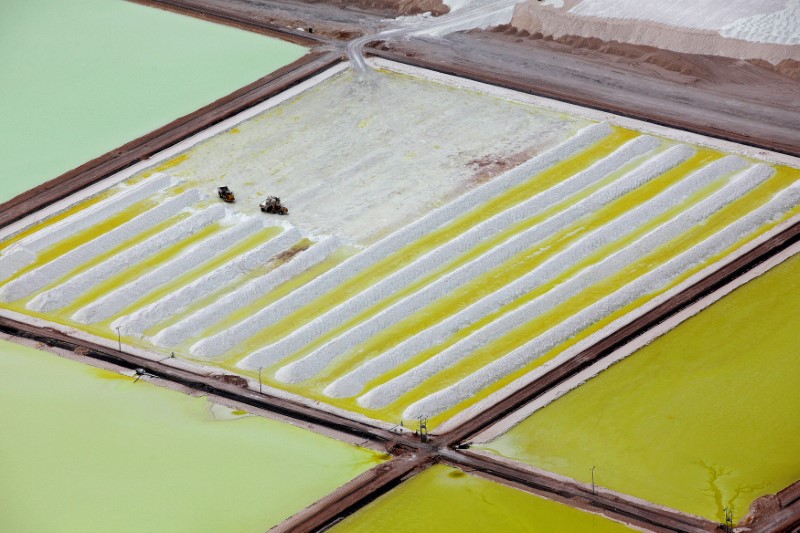Chinese enterprises are amplifying their efforts to tap into domestic lithium resources to reduce their dependence on foreign sources given current geopolitical tensions and rising global demand, according to a report in the Wall Street Journal.
Despite a significant drop in worldwide lithium prices during the first half of 2023, Chinese firms are investing heavily in local operations mining the metal.
Notably, the recent auction for the exploration rights to Jiada Lithium Mine in Sichuan province attracted in excess of 11,000 bids and subsequently closed at US$580 million, more than 1,300 times higher than its starting price.
This trend was also observed at the bidding of the Lijiagoubei Lithium Mine, also in Sichuan, which closed at more than 1,700 times its opening bid.
Surging demand
This intense activity underlines the market's prediction of a continuous surge in lithium battery demand.
Pricing and research firm Benchmark Mineral Intelligence projects that global demand for lithium will reach 1.5 million tonnes by 2028, from the current 900,000 tonnes.
According to Chinese customs data, exports of lithium batteries from China amounted to A$26.7 billion during the first five months of this year, a 66% increase from the same period in 2022.
It is worth noting that while China's domestic lithium mines contribute about 12% of the global lithium supply, the country refines nearly 55% of the world's lithium, largely using imported Australian ore.
Geopolitical concerns
The shift in China has partly been due to geopolitical dynamics that are shaping business decisions around the world.
Western nations have been prioritising their own and allied countries’ needs for lithium supply, potentially restricting China’s access to vital lithium reserves overseas.
At the same time, countries aligned with the United States are intensifying their scrutiny of Chinese investments in critical mineral reserves such as lithium, citing national security implications.
Last month, Canberra blocked the sale of an Australian lithium miner to a US company whose Australian subsidiary included a director with Chinese citizenship.
Similarly, officials in Ottawa ordered three Chinese companies to sell their stakes in Canadian companies extracting critical minerals in November last year, citing national security concerns.
Ensuring continued access
Recognising these challenges, Beijing is pushing for increased domestic supply to ensure it has continued access to essential resources.
China's Ministry of Natural Resources announced plans earlier this year to strengthen the identification and mining of domestic mineral reserves, including lithium and assuring support for mining exploration.
China possesses only 7% of the world’s known lithium reserves, of which less than one-third can be commercially mined due to inferior quality and dispersed geographical location.
However, industry experts have cautioned that China's aggressive lithium push may face obstacles due to financing as well as mining inexperience, the latter concerning the impact of exploration activities on the environment.
